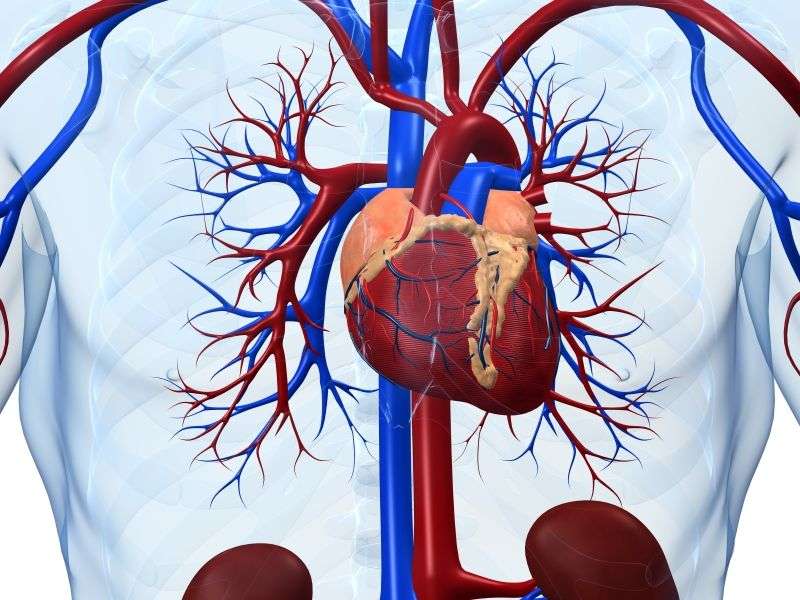(HealthDay)—Fenofibrate therapy may reduce cardiovascular disease (CVD) in statin-treated patients with diabetes and dyslipidemia, according to a study published online Dec. 28 in JAMA Cardiology.
Marshal B. Elam, M.D., Ph.D., from the Memphis Veterans Affairs Medical Center and University of Tennessee Health Sciences Center, and colleagues examined whether fenofibrate reduces CVD risk in statin-treated patients with type 2 diabetes. A total of 4,644 Action to Control Cardiovascular Risk in Diabetes (ACCORD) Lipid Study participants were followed for an additional five years, for a total of 9.7 years.
The researchers found that following completion of ACCORD, only 4.3 percent of study participants continued fenofibrate treatment. Among participants originally randomized to fenofibrate or placebo, high-density lipoprotein and triglyceride values rapidly equalized. During 9.7 years of follow-up, the hazard ratio for the primary study outcome (composite of fatal and nonfatal myocardial infarction and stroke) among participants originally randomized to fenofibrate versus placebo (hazard ratio, 0.93; 95 percent confidence interval, 0.83 to 1.05; P = 0.25) was comparable with that originally seen in ACCORD (hazard ratio, 0.92; 95 percent confidence interval, 0.79 to 1.08; P = 0.32). For participants with dyslipidemia, fenofibrate therapy effectively reduced CVD (hazard ratio, 0.73; 95 percent confidence interval, 0.56 to 0.95).
"The continued observation of heterogeneity of treatment response by baseline lipids suggests that fenofibrate therapy may reduce CVD in patients with diabetes with hypertriglyceridemia and low high-density lipoprotein cholesterol," the authors write.
Several authors disclosed financial ties to the pharmaceutical industry; several pharmaceutical companies provided study medications, equipment, and supplies during ACCORD.
More information: Full Text (subscription or payment may be required)
Journal information: JAMA Cardiology
Copyright © 2017 HealthDay. All rights reserved.























